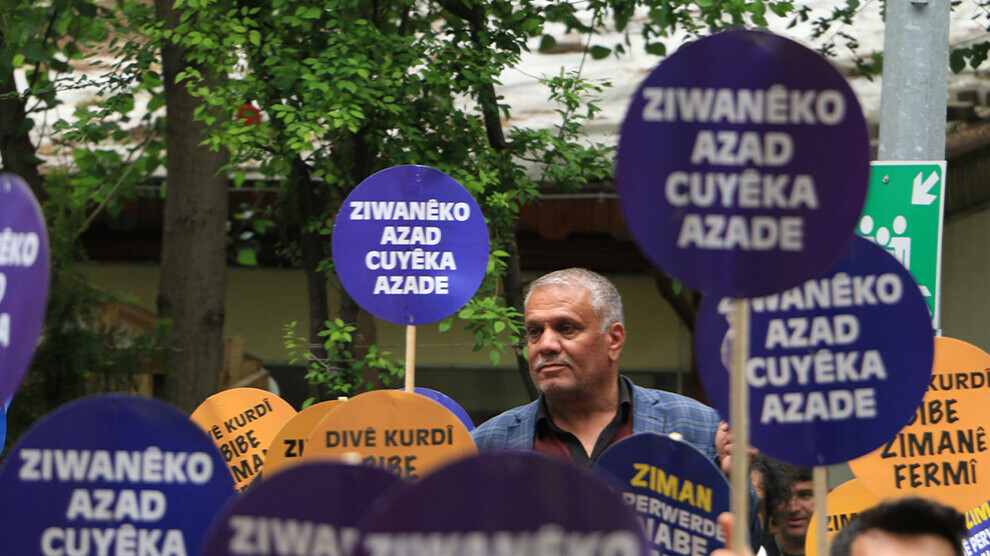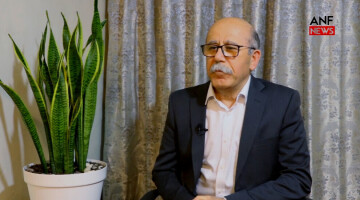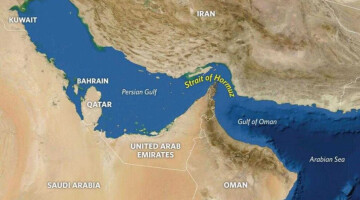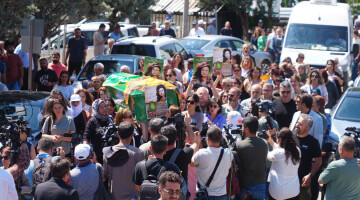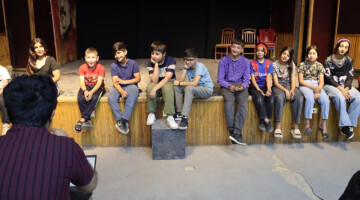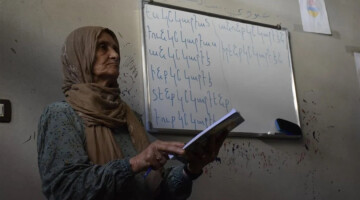The Co-chairs of the DEM Party (Peoples’ Equality and Democracy Party), Tülay Hatimoğulları and Tuncer Bakırhan, wrote a letter to UNESCO on the occasion of the International Mother’s Language Day.
Celebrating February 21st International Mother Language Day, the letter penned by DEM Party Co-chairs reads as follows:
“The right to education in the mother tongue is one of the most fundamental human rights and has been recognized by the United Nations. The implementation of this right is required of all UN member states. However, this right has been denied to the Kurdish, Arab, Armenian, Assyrian, Circassian and Laz people in Turkey. In this country, all languages other than Turkish are systematically banned and their speakers assimilated into the Turkish system. Due to assimilation policies, many languages in Turkey are in danger of extinction. According to UNESCO's Atlas of Endangered World Languages, eighteen languages have either disappeared or are in danger of extinction in Turkey. One of these languages is the Kirmancki dialect of Kurdish.
Assimilation of languages and cultural destruction policies are considered crimes against humanity. However, Turkey does not comply with international resolutions protecting languages, and continues to violate these rights.
As the Peoples’ Equality and Democracy Party (DEM Party), we once again take the occasion of February 21, International Mother Language Day, to call on your institution and all international institutions to fulfill their responsibilities. We demand that you send a delegation to Turkey and initiate an investigation into the violation of rights to the mother tongue. In Turkey, the status of Kurdish (Kurmancî-Kirmanckî), Arabic, Armenian, Syriac, Circassian, Laz, Romani, Bosnian and all other languages must be recognized. We demand that Turkey comply with international decisions on fundamental rights and fulfill the requirements of international agreements. And we request that your institution take the necessary steps to remove the reservations that Turkey has placed on Articles 17, 29 and 30 of the United Nations Convention on the Rights of the Child, so as to fulfill the requirements of the convention.”

